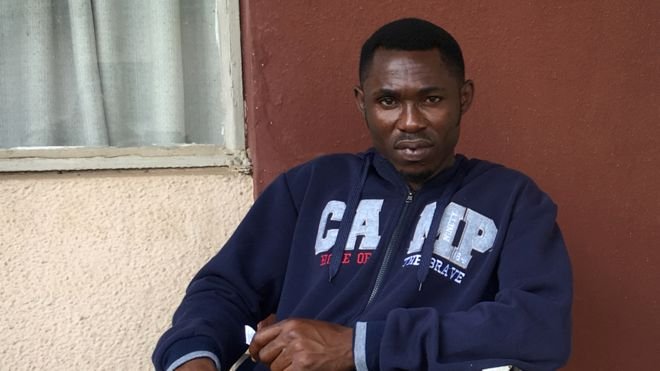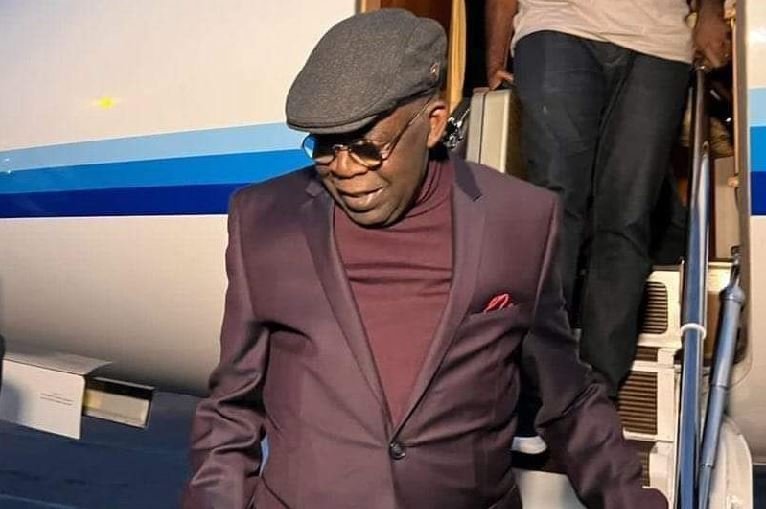
Photo: Colin Freeman
More than 3,000 Nigerian migrants who failed to reach Europe, have been flown home by the International Organization for Migration.
Many sold everything to make the trip and aren’t sure how to face their families, writes Colin Freeman.
Evans William tells me he sold everything but the kitchen sink to fund his dream of getting to Europe.
And I mean everything – his bed, his fridge, his TV, his spare clothes and his mobile phone.
After borrowing yet more cash, he finally had enough to pay a smuggling gang to take him from Nigeria across the Sahara to Libya.
In all, it cost him £750 ($1,000), but he wasn’t worried. Once in Europe, he figured, he could quickly earn enough to pay off his creditors, and eventually return home to start a business of his own.
READ: Police say 45 dead in attack on Gwaska village in Kaduna
It didn’t quite work out like that. After six miserable months in Libya, where the gang forced him to work for nothing, he finally boarded a rickety boat to cross the Mediterranean.
It got stopped by the Libyan coastguard, who threw him and 140 other passengers into a detention centre.
By then he’d had enough. When I met Evans last month, he’d just returned home to Benin City in southern Nigeria, where he was among hundreds of migrants staying in a government-requisitioned hotel.
They’d been flown back by the International Organization for Migration, a UN body that helps illegal migrants who want to return home.
As well as a free plane ticket, they get a few nights’ hotel accommodation, and £200 in pocket money while they find their feet.
They’re also offered job training, to give them a better chance of a livelihood.
The scheme is partly bankrolled by a £3bn fund set up by the European Union in 2015, the year the migrant crisis dominated the news.
The EU hopes that by offering migrants better prospects in their own countries, they can be persuaded to leave Libya – where up to 700,000 are still thought to be waiting to cross the Mediterranean to Europe – and turn back.
Yet for those who take up the offer, arriving back home can be a depressing experience.
Most, like Evans, are virtually destitute. And while they appreciate the offers of job training, it’s fairly basic stuff, like hairdressing or tailoring, or learning how to farm. For those who dreamed of making it in Europe, that’s a bit of a comedown.
What also hurts, though, is the feeling that they’ll be seen as failures by their peers and relatives. Many could only make the trip because mum and dad sold off the family silver. Nobody wants to come back penniless, and admit that they blew what’s seen – rightly or wrongly – as the chance of a lifetime.
Evans, for example, doesn’t even want to go back home – even though it may be the only place he’ll get a bed once his pocket money runs out.
Continue reading on BBC











